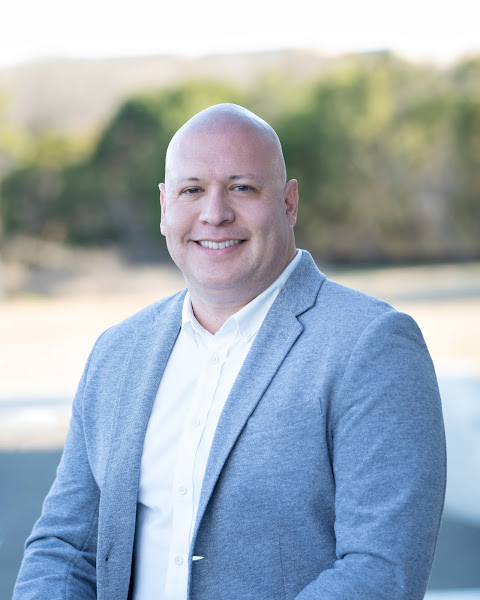Symptoms
What are ADHD symptoms?
Inattentive symptoms:
-
- Failure to pay close attention to details
- Difficulty sustaining attention
- Not listening when spoken to
- Not following through on instructions
- Struggling with task completion
- Lacking organizational skills
- Avoiding tasks that require sustained mental effort
- Easily forgetful
- Frequently losing things that are necessary for task completion
- Easily distracted by outside noises or other individuals
Hyperactivity/impulsivity symptoms:
- Frequent fidgeting of hands or feet
- Leaving your seat when you are supposed to stay seated
- Feeling restless (adults)
- Running/climbing when it is inappropriate (kids)
- Inability to do activities quietly
- Excessive talking
- Constantly “on the go”
- Struggling to wait your turn
- Cutting other people off when they are speaking
- Blurting out answers before the question is completed
Diagnosis
How is ADHD diagnosed?
A two-fold approach is used in diagnosing ADHD. Clinicians use diagnostic testing (such as the Cambridge Brain Science exam) and screening questionnaires, patient history, and physical exam before making an ADHD diagnosis.
How to know if you have ADHD?
If you believe you may have ADHD, it is recommended to consult with a qualified professional for a formal evaluation. In some individuals, teachers or loved ones have pointed out symptoms they have noticed that warrant further evaluation. In other situations, patients themselves see declining functioning in their work, school, or home life.
Treatment
How to treat ADHD?
ADHD is commonly treated with stimulant medications that help regulate key neurotransmitters in the brain, such as dopamine and norepinephrine. There are different types of stimulant treatments available, each tailored to the individual’s needs. For those who prefer alternatives, there are also non-stimulant options that can be effective in managing ADHD.
At Specialty Clinic, we believe in a comprehensive approach to ADHD management. In addition to medication, we offer behavioral therapy, support groups, and resources, along with school accommodations to help patients succeed in all aspects of life.
Why can stimulants be used to treat ADHD in children?
Stimulants have been studied for decades and have shown long-term safety with significant improvements for a challenging diagnosis like ADHD. The FDA has also issued a statement indicating no association between these medications and adverse cardiovascular events in children. The American Academy of Pediatrics (AAP) released its latest treatment recommendations in 2019, which include stimulants as a first-line treatment for ADHD in children.
Our clinicians thoroughly discuss the risks and benefits of every treatment option with patients and their parents. Our priority is ensuring both the patient and parent feel comfortable with the prescribed medication.
Are there any resources available for people with ADHD?
We recommend chadd.org for children with ADHD. Russell A. Barkley, Ph.D., is one of our favorite authors for ADHD resources for patients (adult or child) and loved ones (parents, spouses, siblings). There are also summer camps, magazines, podcasts, and therapists our clinic is happy to recommend.
Are there doctors for ADHD in Austin, TX?
If you’re looking for an ADHD doctor near you, Specialty Clinic in Austin offers in-person appointments at our north Austin location, as well as telehealth appointments. Our team of providers has decades of experience diagnosing ADHD in adults and children and providing you with personalized care.
References:
- Arnsten AF. Fundamentals of attention-deficit/hyperactivity disorder: circuits and pathways. J Clin Psychiatry 2006; 67 Suppl 8:7.
- https://pubmed.ncbi.nlm.nih.gov/19302768/
- https://www.fda.gov/drugs/drug-safety-and-availability/fda-drug-safety-communication-safety-review-update-medications-used-treat-attention
- https://pediatrics.aappublications.org/content/pediatrics/144/4/e20192528.full.pdf



